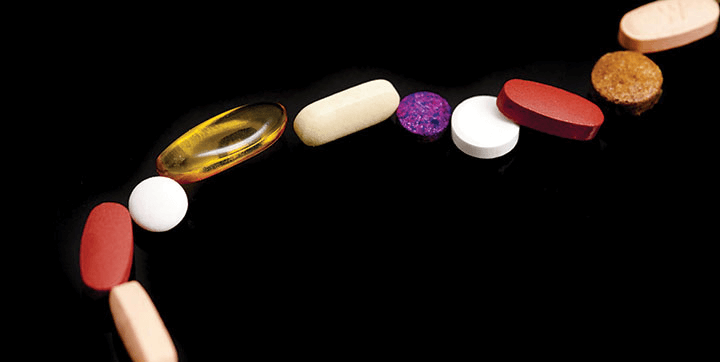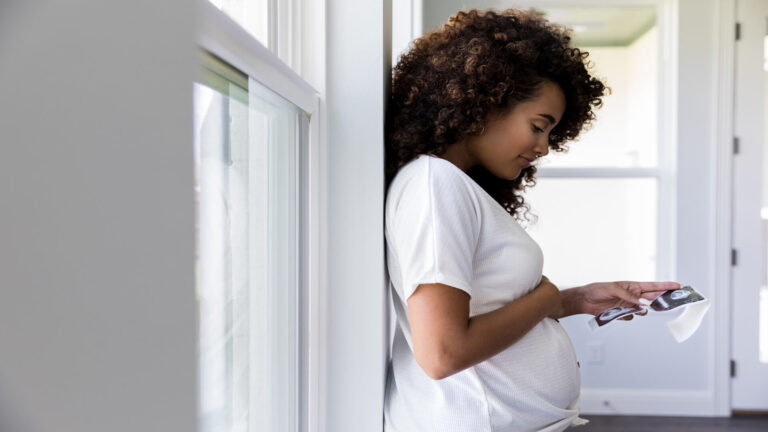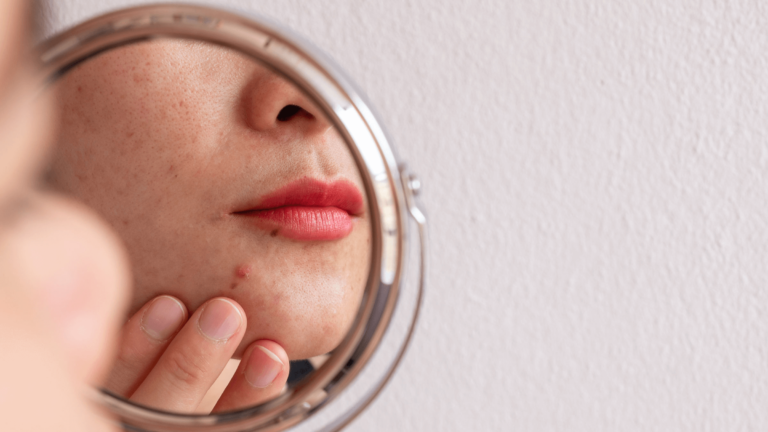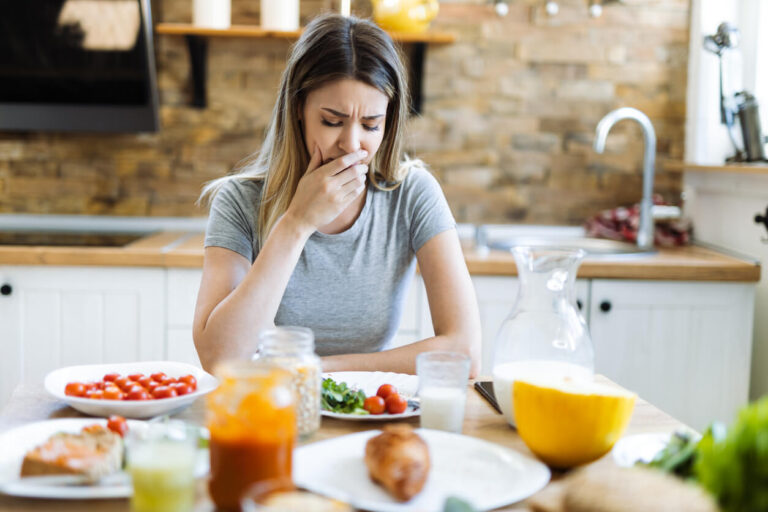Understanding Your Chances of Getting Pregnant After Ovulation
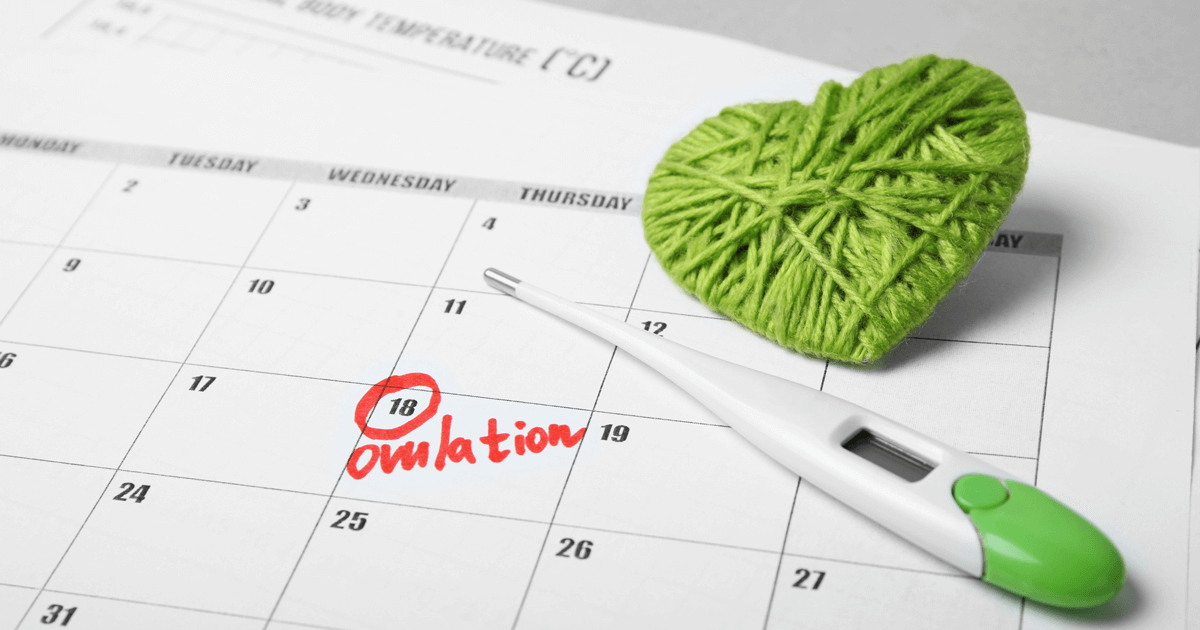
How Ovulation Works
Ovulation is a crucial part of the reproductive cycle, where a mature egg is released from the ovary. This typically happens around the 14th day of a 28-day menstrual cycle, though the exact timing can vary. Ovulation can occur between the 11th and 21st day of the cycle, marking what is known as the “fertility window.” Keeping track of your cycle is essential to pinpoint when you are most fertile.
A typical menstrual cycle lasts 28-32 days, starting on the first day of your period and ending the day before your next period. Understanding this cycle helps in identifying the fertility window, which is vital for both achieving and avoiding pregnancy.
The Hormonal Process of Ovulation
Ovulation is driven by a delicate balance of five main hormones:
- Gonadotrophin-releasing hormone (GnRH)
- Follicle-stimulating hormone (FSH)
- Luteinizing hormone (LH)
- Estrogen
- Progesterone
The first three hormones are produced in the brain, while estrogen and progesterone are produced in the ovaries. These hormones work together to regulate the release of an egg from the ovary, creating a monthly cycle.
Can You Get Pregnant After Ovulation?
Yes, pregnancy is possible after ovulation, but the window is narrow. Once an egg is released, it remains viable for 12-24 hours. Sperm, aided by cervical mucus, can live up to 5 days within a woman’s body. Thus, having intercourse shortly before or after ovulation increases the chances of sperm meeting the egg.
Also read: Comprehensive Guide To Fertility Lubricants
Factors Affecting Ovulation
Several factors can impact your ovulation and overall fertility:
- Stress: High stress levels can disrupt hormone balance, leading to irregular ovulation.
- Diet: A balanced diet is essential for maintaining hormonal balance and regular ovulation.
- Environmental Toxins: Exposure to certain chemicals can affect reproductive health. Studies indicate that industrial compounds can significantly reduce fertility.
Seeking Help for Fertility Issues
If you’re facing challenges with conceiving, you’re not alone. There are numerous resources and treatments available, including ovulation predictor kits (OPKs), which help in determining the best time for intercourse.
Using Ovulation Predictor Kits
OPKs are a valuable tool for tracking ovulation. They detect the surge in LH that precedes ovulation, helping you to time intercourse effectively. These kits are similar to home pregnancy tests but are designed to identify your fertile days.
Recognizing Pregnancy Symptoms
If you suspect pregnancy, look for common signs such as missed periods, nausea, and fatigue. The best time to take a pregnancy test is on the first day of your expected period, using the first morning urine for the most accurate results.
Conclusion
Understanding your ovulation cycle is key to managing your fertility, whether you’re trying to conceive or avoid pregnancy. Tracking your cycle, maintaining a healthy lifestyle, and using tools like OPKs can significantly increase your chances of successful conception. Remember, if you face any difficulties, numerous resources and medical professionals are available to support you.
Additional Resources
- American Pregnancy Association
- Mayo Clinic on Ovulation and Fertility
- Healthline on Ovulation and Pregnancy
For further guidance and personalized advice, consult with a healthcare provider.
Also read: Skin Changes During Pregnancy: Comprehensive Guide



